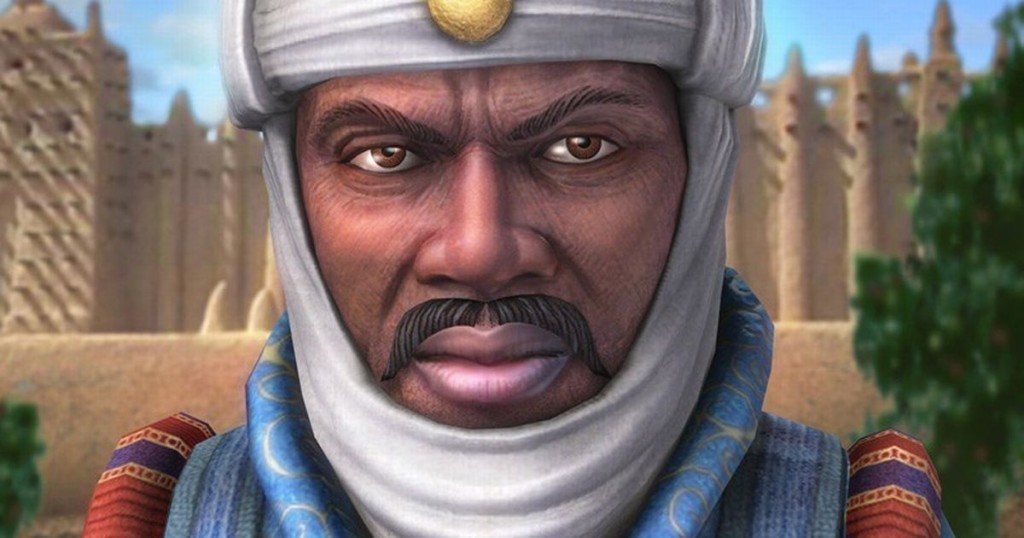The Legacy of Mansa Musa
Mansa Musa’s Rise to Power
Mansa Musa inherited the throne of the Mali Empire after his uncle Amady Kan III passed away in 1312. Taking the royal title of Mansa, which means “King of Kings” in the Mande language, Musa embarked on expanding the already vast empire through both conquests and diplomatic marriages. Under his rule, the Mali Empire reached its peak size and wealth spanning an area twice the size of Western Europe at the time.
Building an Economic Powerhouse
Realizing the empire’s potential for long-term economic prosperity, Mansa Musa invested heavily in agriculture, trade routes, and urban development. He built mosques, colleges, and markets in major trading cities like Timbuktu, establishing it as a center of Islamic education and commerce. Mansa Musa also standardized currency and weights across the empire to facilitate regional and international trade. These developments propelled Mali to become one of the richest regions in the world with a thriving gold trade.
A Pilgrimage to Mecca and its Impacts
In 1324, Mansa Musa embarked on a pilgrimage to Mecca with his entire retinue, as was customary for Malian monarchs. This introduced the empire to the broader Muslim world. Along the route through Cairo, Mansa Musa’s generosity and opulence left a lasting impression. However, his massive gold giving also temporarily destabilized foreign gold markets. Upon his return, Musa shifted his focus towards domestic growth and regional diplomacy. This helped Mali recover from economic disruptions and face emerging security threats.
Military Successes and Strategic Alliances
To protect the empire’s frontiers and lucrative trade routes, Mansa Musa strengthened Mali’s military forces. He expanded the empire’s borders through campaigns against the Songhai and Berber tribes of the Sahara. Musa also forged critical marital alliances with the Hausa city-states, which gave Mali a foothold in the Arawa grapevine network stretching deep into the Sahel and West Africa. These strategic maneuvers placed Mali at the center of a vast trade network spanning the Sahara and Senegal river basin.
Promoting Education, Culture and Diversity
A devout Muslim, Mansa Musa was a patron of Islamic academics. He transformed Timbuktu by founding the famous Sankore University and recruiting scholars from across the Muslim world. Under his reign, Timbuktu blossomed into a lustrous center of culture, home to an estimated 300-25,000 manuscripts in various languages and subjects. Mansa Musa embraced the many ethnicities within his realm, promoting a spirit of cultural richness, unity and progress. His example as a just ruler who protected diversity was emulated by future Malian leaders as well.
A Legacy of African Prosperity and Achievement
By the time of his death in 1337, Mansa Musa had established Mali as the preeminent power in Africa, with continental influence extending from Tunisia to the Benue River in modern-day Nigeria. For centuries afterward, the legends of his magnificence and accomplishments continued to inspire many across Africa, the Middle East and Europe. His tangible legacies of stable governance, vibrant trade, cultural efflorescence and religious pluralism fostered unprecedented waves of African prosperity, learning and global connections in the post-classical world. Even today, the story of Mansa Musa reminds us of just how advanced medieval African civilizations truly were. 
